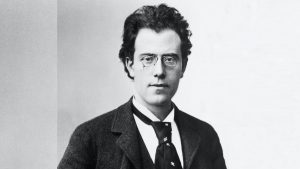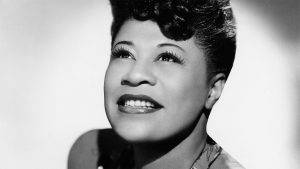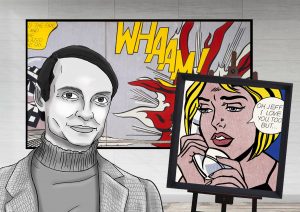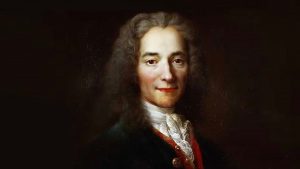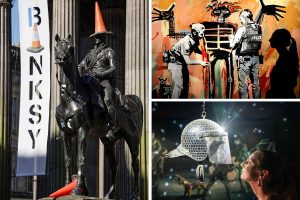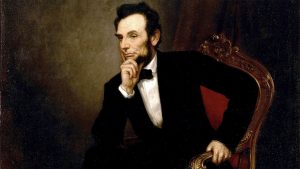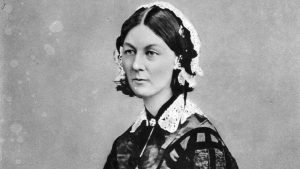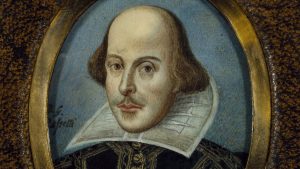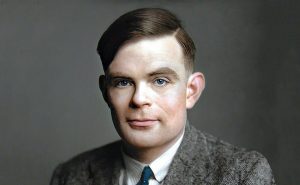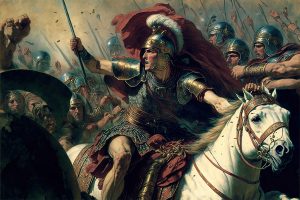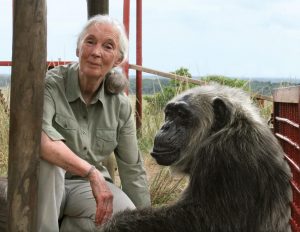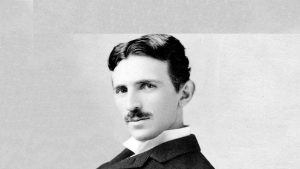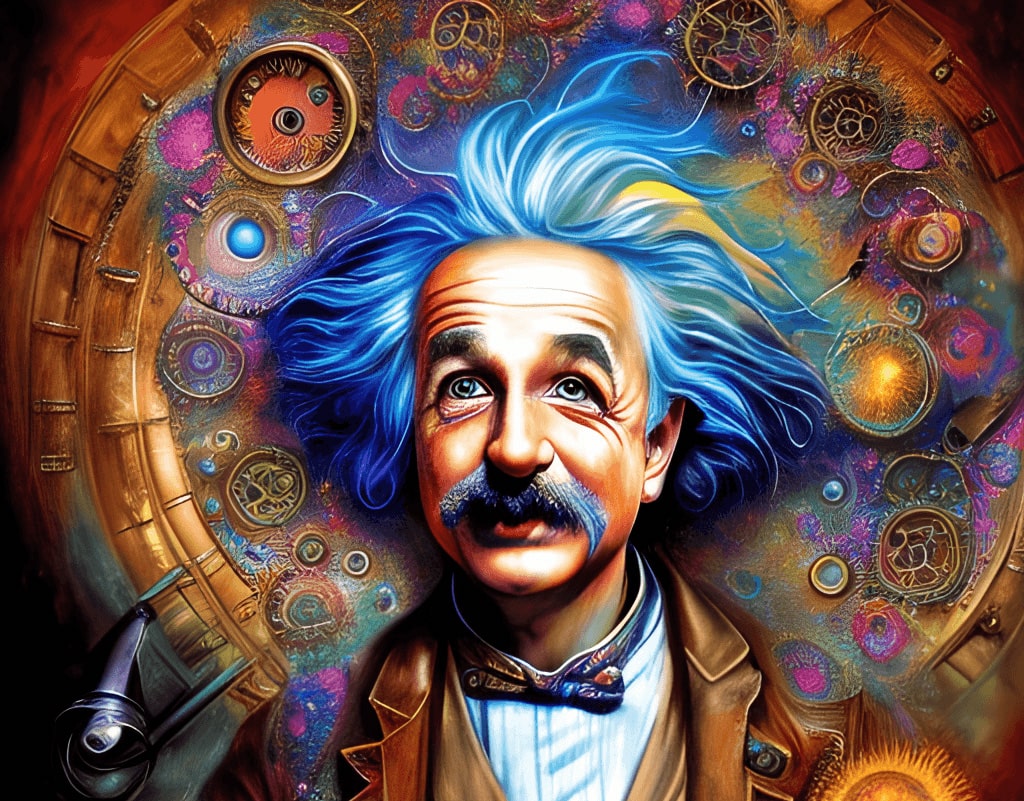
35 interesting facts about Albert Einstein
- 👁️ 1149
Albert Einstein, born on 14 March 1879 in the Kingdom of Württemberg in the German Empire, was one of the most brilliant and influential physicists of the 20th century. Best known for his theory of relativity, especially the equation E=mc², Einstein’s contributions transcended the field of physics, influencing the way we understand space, time, and matter. He was awarded the Nobel Prize in Physics in 1921 for his work on the photoelectric effect. Einstein’s ideas, coupled with his nonconformist personality, made him a cultural icon and symbol of genius. Here is a list of interesting facts about this remarkable scientist.
- Einstein was slow to speak as a child, leading some to think he might have had a learning disability.
- He renounced his German citizenship in 1896 to avoid military service and later became a Swiss citizen in 1901.
- Einstein developed the Special Theory of Relativity in 1905, known as the “Annus Mirabilis” (miracle year), while working as a patent clerk.
- He played the violin proficiently and often used musical improvisation to think through his scientific ideas.
- Einstein’s iconic equation E=mc² demonstrates that energy and mass are interchangeable.
- He was an avid supporter of the civil rights movement in the United States and corresponded with African-American civil rights activist W.E.B. Du Bois.
- In 1933, Einstein fled Nazi Germany and settled in the United States, where he worked at the Institute for Advanced Study in Princeton.
- He contributed to the development of the atomic bomb through a letter to President Franklin D. Roosevelt, urging research into nuclear energy, though he later advocated for nuclear disarmament.
- Einstein’s brain was removed during his autopsy without family permission and was studied for several decades thereafter.
- His General Theory of Relativity in 1915 drastically changed the understanding of gravity as a curvature of spacetime.
- Einstein was offered the presidency of Israel in 1952, but he declined.
- He was a passionate advocate for pacifism, especially after World War I, but his views changed leading up to World War II.
- Einstein’s first wife, Mileva Marić, was a physicist, and there is ongoing debate about her contributions to his early works.
- His famous “God does not play dice” statement illustrates his disagreement with the randomness inherent in quantum mechanics.
- The element einsteinium, discovered in 1952, was named in his honour.
- He was a member of numerous civil rights groups, including the NAACP, for which he was a member of the board of directors.
- Einstein was awarded the Nobel Prize not for relativity but for his explanation of the photoelectric effect, which laid the foundation for quantum physics.
- His iconic wild hair and disheveled appearance became symbolic of the “mad scientist” stereotype.
- Einstein wrote a book with the physicist Leopold Infeld titled “The Evolution of Physics” in 1938.
- He had a deep friendship with Indian philosopher Rabindranath Tagore, with whom he discussed science, philosophy, and religion.
- Einstein’s “Cosmological Constant,” a term he introduced and later renounced, has been revived in modern cosmology.
- He failed the entrance exam to the Swiss Federal Polytechnic school on his first attempt but was later admitted.
- His theories predicted the existence of black holes and gravitational waves, both of which have since been confirmed.
- Einstein’s eyes are reportedly preserved in a safe deposit box in New York City.
- He was named Time magazine’s Person of the Century in 1999.
- His extensive writings and letters have been compiled into “The Collected Papers of Albert Einstein,” an ongoing project that has published numerous volumes.
- Einstein was deeply concerned about social, political, and economic issues and wrote extensively on these subjects.
- He was instrumental in the founding of the Hebrew University of Jerusalem and left his literary estate and personal papers to the institution.
- His younger sister, Maja, was very close to him, and he supported her throughout their lives.
- Despite being synonymous with genius, Einstein’s IQ was never actually known, and estimates are speculative.
- His second son, Eduard, was diagnosed with schizophrenia, and Einstein’s relationship with him was complex and often strained.
- Einstein’s letter to President Roosevelt about nuclear weapons, known as the Einstein-Szilard letter, played a crucial role in the creation of the Manhattan Project.
- He was an avid sailor but reportedly never learned to swim.
- Einstein’s theory of General Relativity was experimentally confirmed during a solar eclipse in 1919, leading to his worldwide fame.
- His childhood fascination with a compass is often cited as an early sign of his interest in science.
Albert Einstein’s life and work continue to captivate and inspire, not only within the realm of physics but also in culture, philosophy, and politics. His groundbreaking theories reshaped our understanding of the universe, while his personal beliefs and activism left an indelible mark on the world. Einstein’s legacy endures as a symbol of human intellect, curiosity, and creativity, forever altering the way we perceive reality. His contributions remain foundational in science and continue to fuel discovery and exploration to this day.
